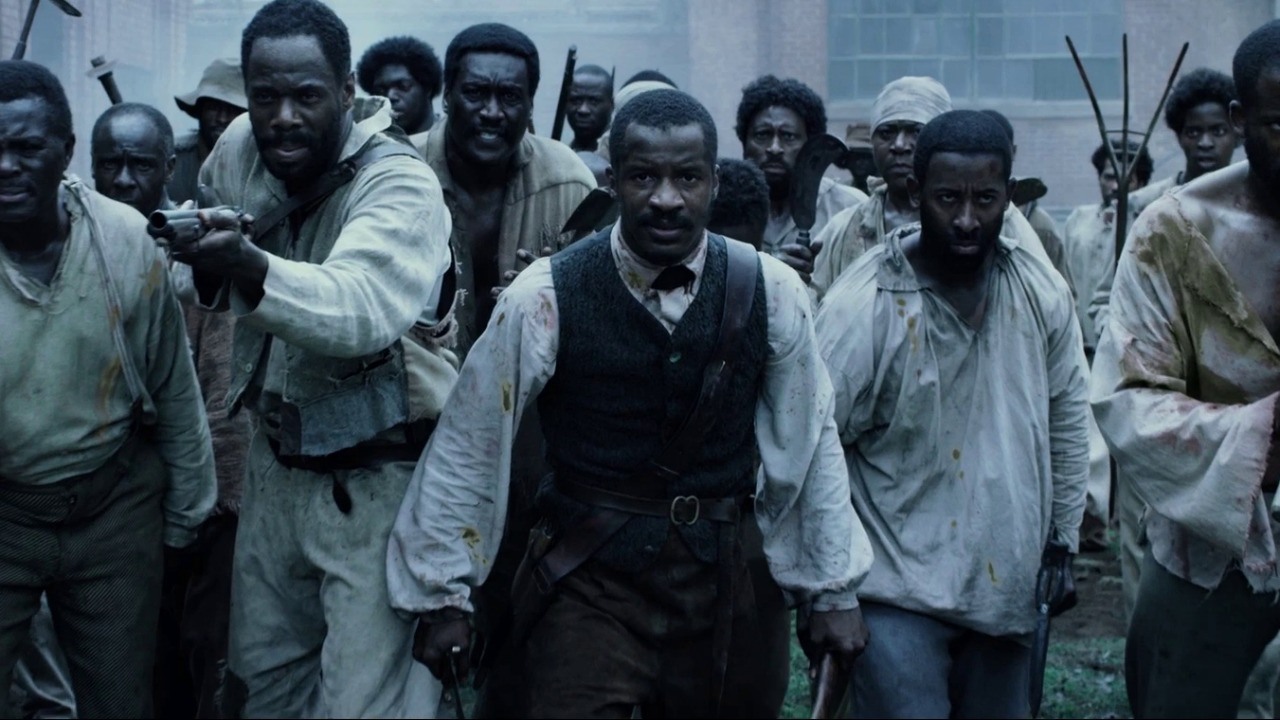This week, the much-discussed Nat Turner biopic Birth of a Nation released to mixed reviews, partially on account of the controversy surrounding director Nate Parker’s past in the months before the release, partially on account of the film’s disputed artistic merits. CT interviewed Parker about his Christian faith this summer, then discussed whether rape accusations against Parker should deter moviegoers from watching his film, especially as it includes rape in its plot.
Vinson Cunningham, writing for The New Yorker, argued that the film “is not worth the efforts of its defenders” for its problematic depiction of women:
It’s hard even to call it [the film] a successful attempt at propaganda. The early euphoria surrounding the movie was prompted by the way it seemed to answer the demands of its time, sublimating the eye-for-an-eye Old Testament ethos of such fiery agitators as Stokely Carmichael and Elijah Muhammad into the safer precincts of the screen. That fire was checked by a different political imperative: the need to listen to and respect the stories of women who have suffered at the hands of men. . . . Women, in this film, are reduced to mere incitements for the wicked deeds and righteous actions of men.
His critique echoes that of The Nation’s Leslie M. Alexander, who writes, “Like the film’s other fabrications about black women, the rape story line is carefully constructed to redeem black masculinity at black women’s expense.”
By contrast, Natasha Sistrunk Robinson, writing for Missio Alliance, praised the film for its exposure of the spiritual darkness of slavery woven throughout American history. She says the film asks whether violence
. . . is a reasonable means of social change without also considering the violence that is proposed, sanctioned, and institutionalized by the state. Speaking of revolutionary violence against oppression must be considered within the larger context of what we have come to see as “justified violence.”
The Birth of a Nation gives us another opportunity to do just that. The institution of slavery was violent. It included rape, starvation, lynching, domestic abuse, psychological warfare, and other acts of terrorism against humanity.
The Birth of a Nation is violent, and it enters the cinema landscape at a critical time when historical narratives like 12 Years a Slave (depicting the life story of Solomon Northup), Belle (depicting the life story of Dido Elizabeth Belle), Roots Reimagined on the History Channel (depicting the family legacy of Kunta Kinte), and The Free State of Jones (depicting the life story of Newton Knight) give us stories of real—and sometimes forgotten— people who have shaped our lives and the trajectory of the entire world.
The New York Times’s A.O. Scott helpfully illuminated the ways certain movies become moral litmus tests. For example, if you are a “good person” and responsible citizen, you would have seen the Holocaust epic Schindler’s List back in 1993; or, if you care about sexual justice, you will abstain from seeing Woody Allen’s movies. Scott takes up the question of whether Birth of a Nation is a “must see” or “won’t see” and his own role as a critic:
“It’s only a movie” is not a phrase you are likely to hear from me. I believe in the moral force of art—and in the special power of film to write history in lightning—and also in the ethical responsibilities of artists and audiences. But my job is not to be your surrogate conscience, to tell you either that seeing this movie will affirm your abolitionist bona fides or that skipping it will affirm your solidarity with victims of sexual violence. Nor is it my job to judge Mr. Parker, except as the author and star of this film.









